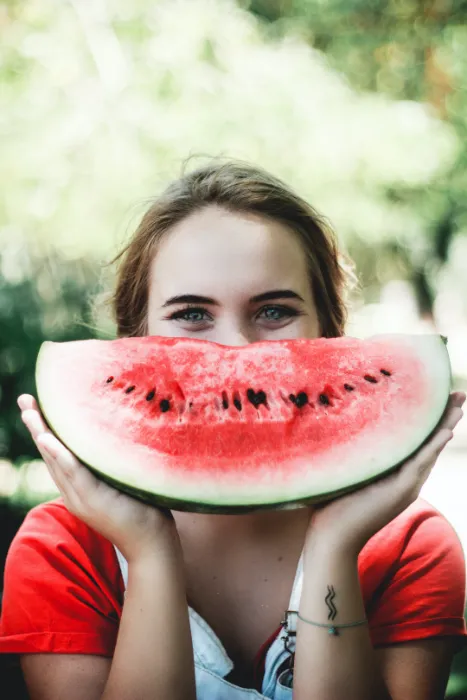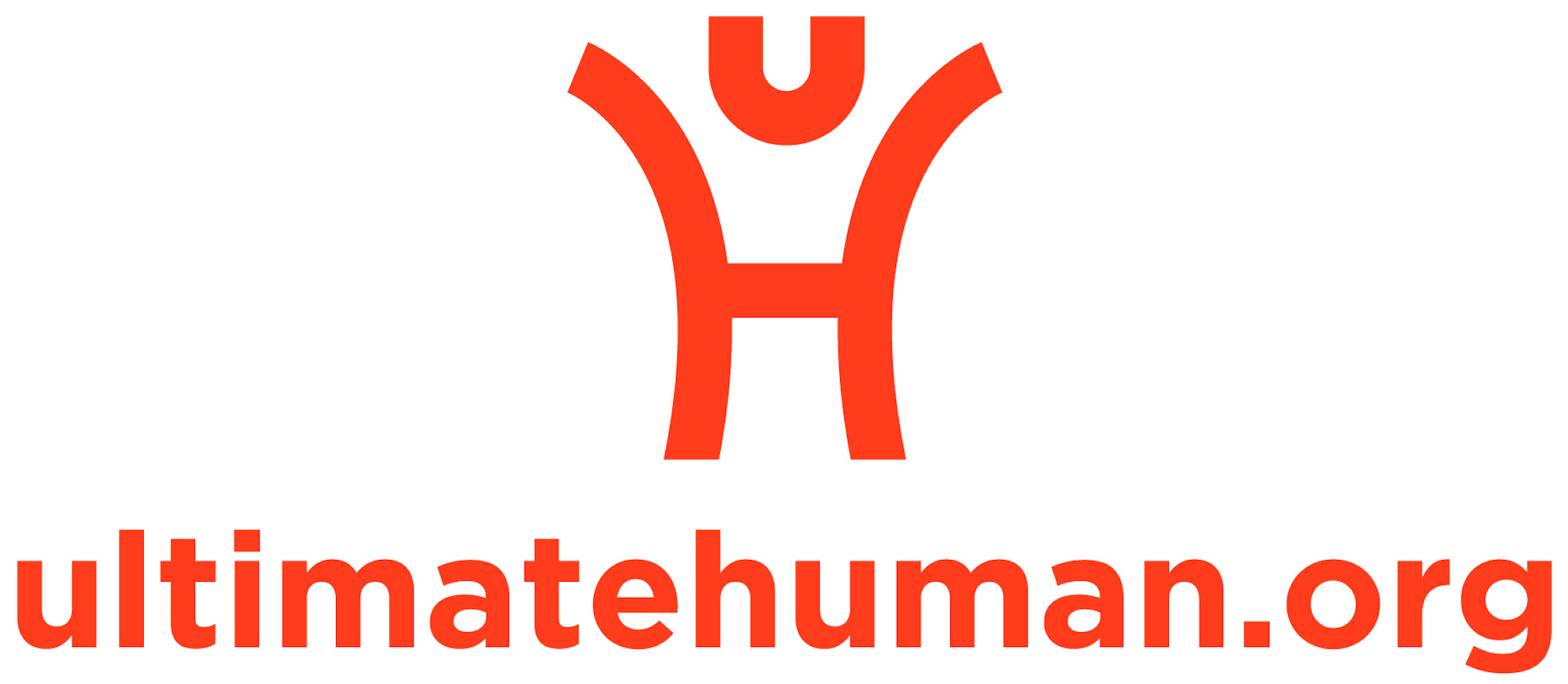Food and Health: How to Choose Produce, Meat, and More (3 Ways)

-
First, is it important to eat organic?
-
Top 3 Ways to Pick Produce: The Best Fruits and Vegetables
- #1 - The best choice: Local, in season, and organic.
- #2 - The next best option is frozen and organic.
- #3 - Finally, if neither of the above 2 options are available... look for produce that's non-organic, local, in season.
-
Top 3 Ways to Choose Healthy Meat and Animal Products
- #1 - The best choice: Organic and pasture-raised or wild-caught.
- #2 - Next best option is pasture-raised, non organic.
- #3 - Organic
-
The Bottom Line
Written by: Jon Mitchell, PA-C
Do you have trouble deciding what to eat for your health?
The amazing thing about the internet is that you can find answers to any question you have...
But it's difficult to make a decision when there's too much conflicting information.
This is especially true when it comes to choosing the best fruits, vegetables, meats, animal products, and more.
How can we pick the best stuff?
Let's clear up some confusion when it comes to healthy eating. 👇
First, is it important to eat organic?
To answer this question, we need to understand what the label "organic" implies...
For produce, an organic label means:
It has been grown in soil that has not used prohibited pesticides for 3 years, including most synthetic fertilizers.
Most pesticides cannot be used... but some approved pesticides can be.
The produce has not been genetically modified.
And for animal products, an organic label means:
The animals have been fed certified organic feed.
They are not administered hormones or antibiotics.
They are given more space to roam than non-organically raised animals... and provided *some* outdoor access (though they are still raised in confined living conditions).
They can still be given vaccinations.
So, as you can see... there's more to the story than slapping a label or sticker on a food and instantly calling it "healthy."
With this in mind, here’s how to choose the best quality food 👇
Top 3 Ways to Pick Produce: The Best Fruits and Vegetables
#1 - The best choice: Local, in season, and organic.
Eating local and in season is often more important than an "organic" label because the nutrient quality in produce is determined by the quality of the soil and how freshly it is picked.
Getting produce from a local farm that rotates their crops helps prevent nutrient deficiencies in the soil.
This is in stark contrast to a common practice called monocropping... where commercial farms grow large amounts of the same produce together.
Unfortunately, this happens in both organic and non-organic farming.
Also, produce that is freshly picked contains significantly more nutrients than produce that is picked, pre-ripened, and then shipped over the course of a few days.
In fact, one study found that spinach that was 6 days old and stored at 50 degrees Fahrenheit was found to have lost over 50% of its folate and carotenoids.
If you can't find produce like this, it may surprise you to know:
#2 - The next best option is frozen and organic.
Frozen produce is picked when it is ripe, which means it has more nutrients.
The freezing process also slows the loss of nutrients within the produce.
#3 - Finally, if neither of the above 2 options are available... look for produce that's non-organic, local, in season.
Although many farms are not certified organic, you can still find local farms that do not use pesticides or use low-spray methods.
This is better than certified organic produce that is grown in a monocrop, picked pre-ripe, and shipped over the course of several days.
Bonus: There are certain foods that have very low levels of pesticides, even if non-organic.
For a list of foods that should always be eaten organic versus foods you don’t have to worry so much about, see the Environmental Working Group's Clean 15 and Dirty Dozen lists.
Top 3 Ways to Choose Healthy Meat and Animal Products
The most important factor when choosing animal products is nutrient density.
And the way you optimize for nutrient density is to have each animal raised in an environment that best approximates their natural habitat.
For land animals, this means raising them on pastures.
For seafood, this means catching it in the wild.
#1 - The best choice: Organic and pasture-raised or wild-caught.
Yes, it's important for animals to eat organically and avoid antibiotics & hormones...
But most don't know how vital it is that land animals be raised on pastures and that fish & seafood is caught in the wild.
One analysis looked at the nutrient content of a pasture-raised chicken egg versus a conventionally-raised egg... and they found shocking nutritional differences:
As you can see, the pastured-raised products — in this case, from Joel Salatin's Polyface Farms — significantly outperformed the standard product!
So, look for these types of products in the grocery store or online.
A quick note about seafood:
There is no organic USDA labeling for seafood, so you really have two choices: Wild-caught or farm-raised.
Always choose wild-caught whenever possible because the nutrient quality will be far superior when the animal eats a biologically appropriate diet.
#2 - Next best option is pasture-raised, non organic.
To reinforce the point just made...
An animal raised in its natural environment will be more nutrient dense and healthier than animals raised in confined feedlots — even if it's considered organic.
So, make sure to prioritize pasture-raised animals over organic animals.
#3 - Organic
While organic practices improve the quality of the meat, there are some concerns...
First, the animal is often not fed its “natural” diet.
For instance, chickens naturally eat a wide range of foods, including produce, seeds, bugs, and small animals that provide a variety of essentials nutrients.
So, even when you find organic, cage-free chickens... they may have been fed a biologically inappropriate diet.
And secondly, organically raised animals may still be raised in confined quarters.
But as mentioned, it's still better than conventional, non-organic.
The Bottom Line
With so much conflicting information and marketing from big food companies... it can be tough to cut through the noise and make a good decision for your health.
While it's always good to consult your healthcare professional too, you can use this article for clarity when it comes to picking the best produce and animal products.
Hopefully, this info will help you to make the "ripe" choices. 😉
---
At UltimateHuman.Org, we talk about what you need to look, feel, and be your best self.
For more on the latest in biohacking, anti-aging, longevity, and health... Join the community by clicking below 👇
-
First, is it important to eat organic?
-
Top 3 Ways to Pick Produce: The Best Fruits and Vegetables
- #1 - The best choice: Local, in season, and organic.
- #2 - The next best option is frozen and organic.
- #3 - Finally, if neither of the above 2 options are available... look for produce that's non-organic, local, in season.
-
Top 3 Ways to Choose Healthy Meat and Animal Products
- #1 - The best choice: Organic and pasture-raised or wild-caught.
- #2 - Next best option is pasture-raised, non organic.
- #3 - Organic
-
The Bottom Line


